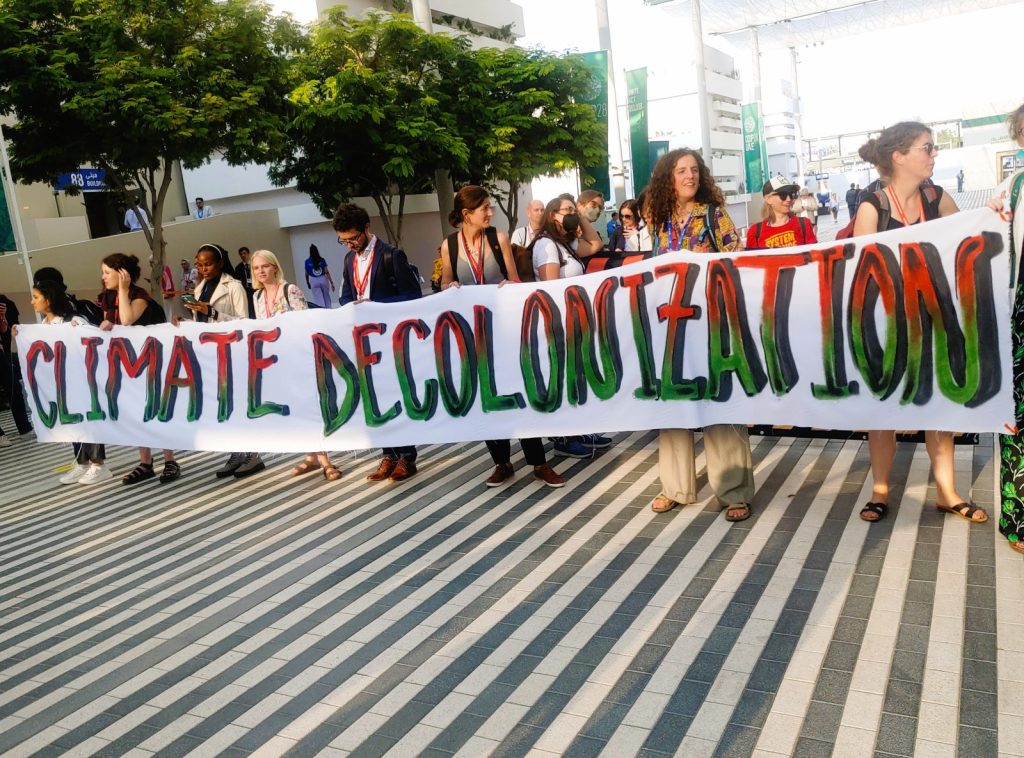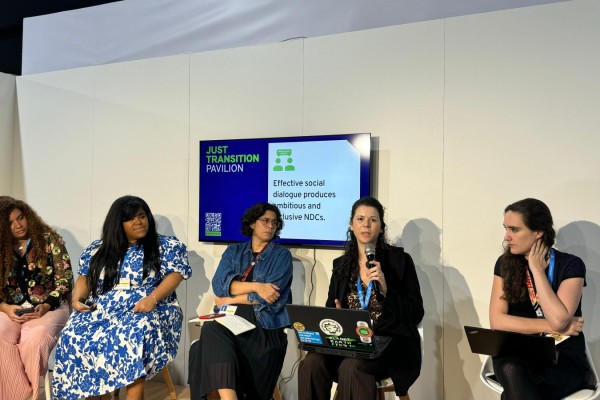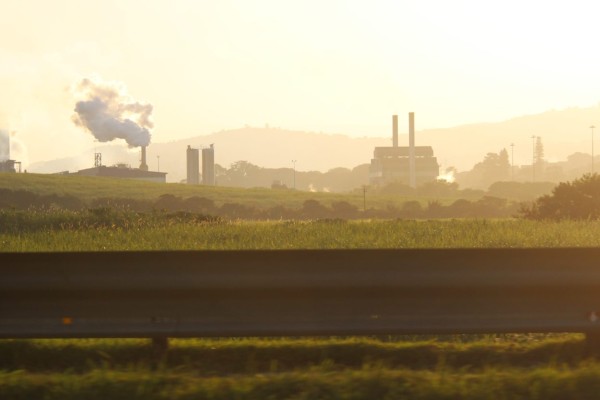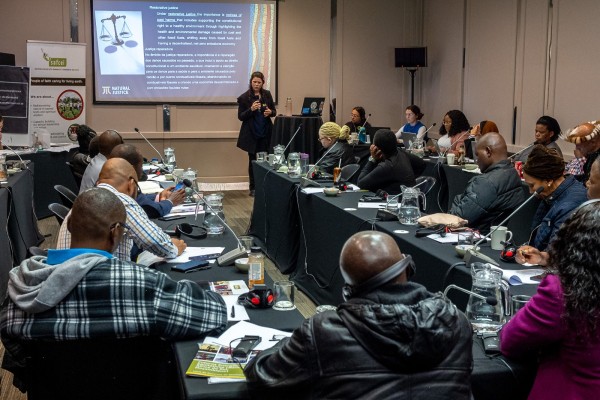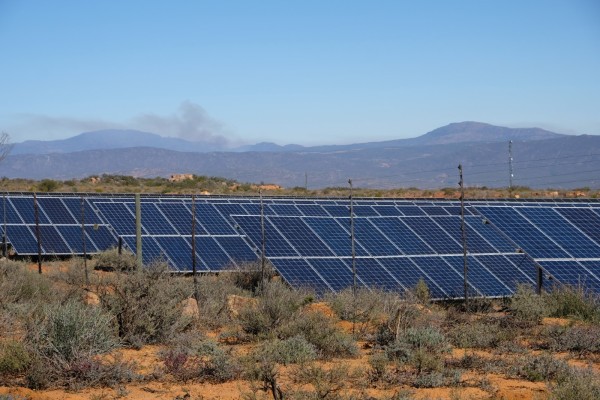At COP28 in December 2023, positive steps were taken with the Global Renewables and Energy Efficiency Pledge – a promise of tripling renewable energy and the doubling of energy efficiency by 2030. The pledge had 123 signatories from different countries.
However, while that may lower carbon emissions globally, will it create the environment for just energy transitions across Africa?
The positive points of the pledge were that it:
- Noted the need for renewable energy and energy efficiency increases to limit warming past 1.5 degrees Celsius.
- Recognised the interconnection with United Nations Sustainable Development Goals and transforming energy systems that will result in new jobs, enhanced livelihoods, and empowerment of people.
- Stated the critical roles of renewable energy and energy efficiency in addressing energy security and affordability of energy.
- Stated the need for high level political and collective action to achieve the pledge.
- Committed to achieving the pledge through environmentally responsible means.
Critically, it emphasised that there are certain requirements that will enable this pledge to be realised. There is a need for expanding financial support for renewable energy and energy efficiency, including accessible finance for developing economies. Policies for just energy transitions must also be developed – including policies that support the transition of the workforce, reconversion of stranded assets and ensuring that affected communities are benefiting. The Pledge also recognises the enablers for renewable energy and energy efficiency, like accelerating permitting, grid expansion, raising public awareness, and enhancing new technological solutions.
Key concerns about the Pledge
However, the following key points should be raised with concern, particularly around the types of systems and methodologies that are supported by the pledge.
Supports unproven technologies: The pledge supports the G20 Leaders Declaration which was signed in 2023 and includes the African Union. The Declaration supports the use of zero and low emission technologies including abatement and removal technologies. These technologies are not proven and a distraction from real energy transitions to renewable energy.
Recognises use of Nuclear: The pledge further recognises the use of nuclear energy for countries who choose to use it. Nuclear energy is not a viable solution – it comes with high costs for waste management and requires long time periods for construction. This is not to mention the dangers of nuclear energy when accidents happen. For more information on this, please see the submission to the Nuclear Regulator Amendment Bill in South Africa (click here).
Use of Unabated Fossil Fuels: The pledge recognises that energy systems must be free of “unabated fossil fuels”. The definition of unabated fossil fuels is, “fossil fuels produced and used without interventions that substantially reduce the amount of GHG emitted throughout the life cycle; for example, capturing 90% or more CO2 from power plants, or 50-80% of fugitive methane emissions from energy supply”. By using the term “unabated coal and fossil fuels”, the pledge condones abated coal and fossil fuels usage. This again distracts from real energy transitions away from fossil fuels entirely.
No recognition of current damage: Within the pledge, there is no true recognition of the damage coal and fossil fuel projects have done, as well as their contribution to the climate crisis. The pledge only advises that a phase down of coal and fossil fuels must take place and not a complete phase out, which is what is required to keep temperatures below 1.5 degrees Celsius.
Failure to acknowledge marginalised groups: One of the most glaring gaps in the pledge is the failure to call for the explicit protection and respect for Indigenous peoples and communities’ rights in the energy transitions, including protection for human rights defenders. It does, however, ensure that there are benefits for affected communities through the opportunities offered by the energy transition. The term “affected communities” is not defined and could take a narrow definition of only communities impacted by the projects involved in energy transitions. However, all people and communities are impacted by the effects of climate change and, therefore, should be included in the term affected communities.
How do we make the pledge more human rights-centred?
To achieve human rights-centred just energy transitions, more must be done to ensure that commitments to increasing renewable energy include:
- Meaningful public participation, people-centred decision making and access to information.
- International financiers setting human rights targets and standards for funding to be provided for renewable energy projects.
- Renewable energy projects should support access to energy goals being achieved.
- Communities’ land rights and cultural, traditional, and small-scale practices should be respected and protected.
- Alleviating poverty and inequality of communities and indigenous peoples through beneficiation and job opportunities in localisation of production and manufacturing of renewable energy.
- Real beneficiation for communities and indigenous peoples which promotes socio-economic rights, cultural rights, environmental rights, and energy to access.
The above elements need to be included to allow for just energy transitions to be a reality – transitions where justice, people and the environment are prioritised over profit.
For more information on Natural Justice’s work in Just Energy Transitions, please see our two most recent publications:
- Centring Justice in the Just Energy Transition (click here)
- The Just Energy Transition in South Africa: A legal guidebook for communities (click here)

